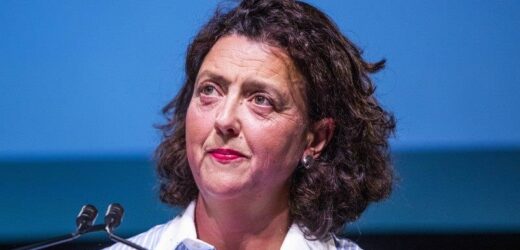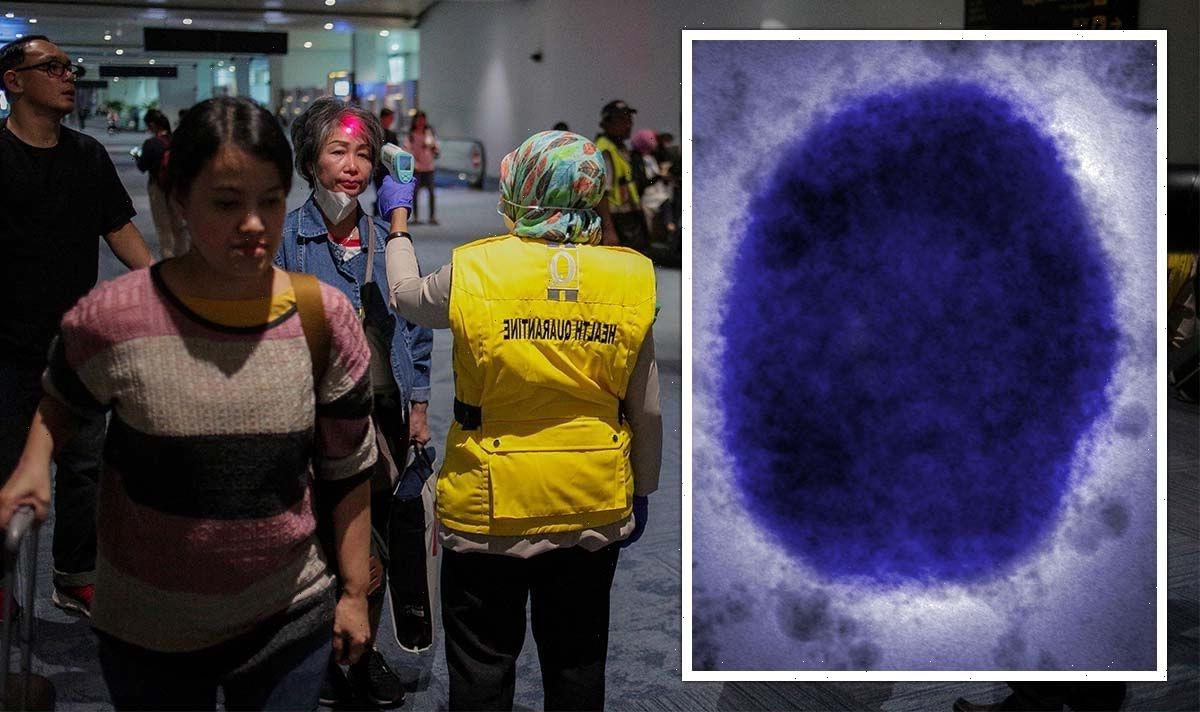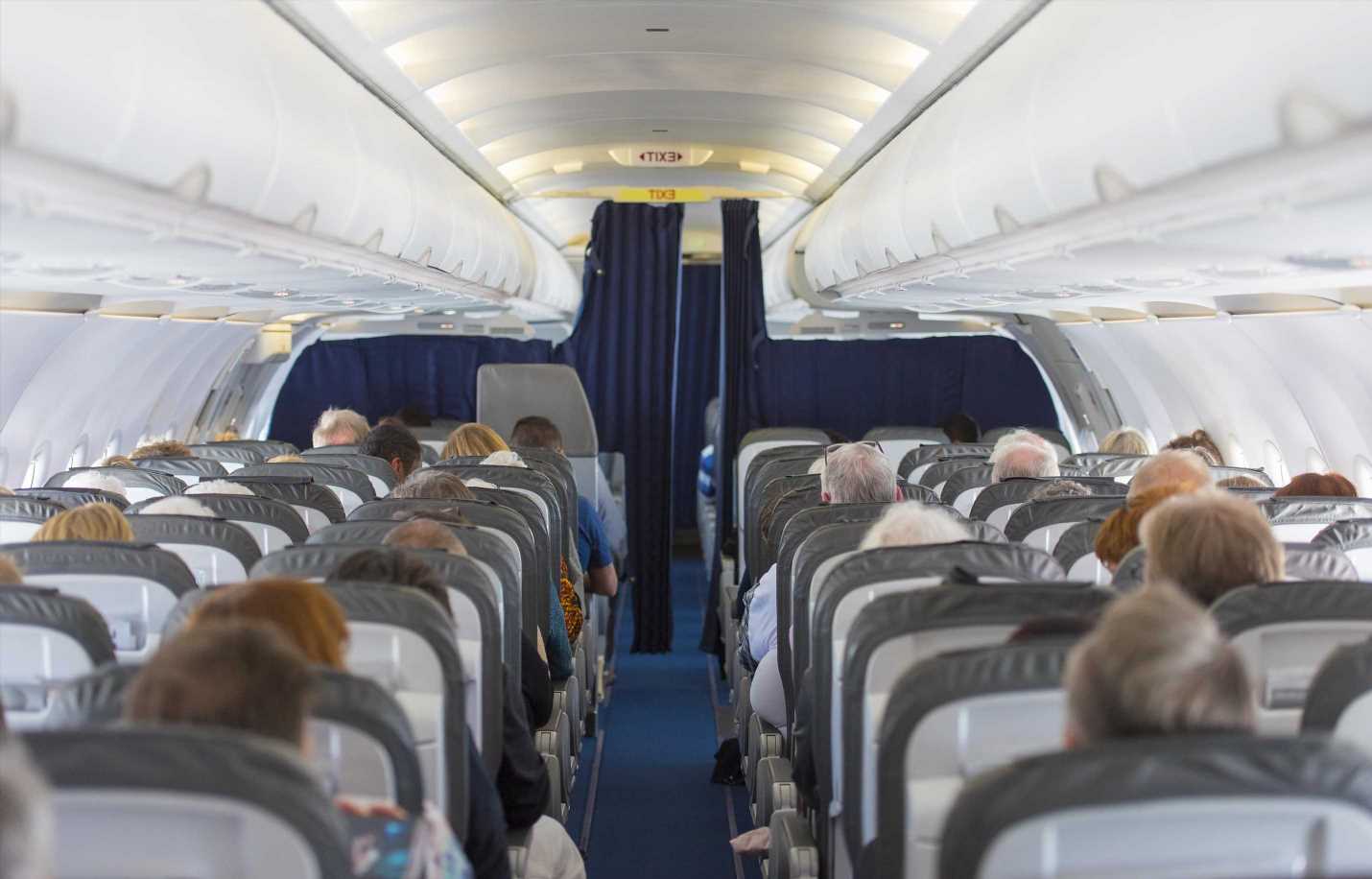Key points
- If you tested positive before 6pm on Tuesday you had to apply for a postal vote.
- Telephone voting is only for people who tested positive after 6pm on Tuesday.
- If you haven’t registered for a postal vote in time you may not be able to vote.
- It is unknown how many people are affected by the eligibility criteria.
Independent candidate for Kooyong Dr Monique Ryan is seeking legal advice after people who tested positive to COVID-19 were told they may not be able to vote in Saturday’s federal election.
The Australian Electoral Commission confirmed on Thursday that anyone who tested positive for COVID-19 between Saturday and 6pm Tuesday – and hadn’t registered for a postal vote – may be ineligible to vote.
The application for postal votes closed at 6pm on Wednesday.
Kooyong independent candidate Monique Ryan.Credit:Aaron Francis
“For people who did not apply for a postal vote before the application cut off, haven’t voted yet, tested positive before Tuesday and are in isolation through to after election day, they may not be able to vote,” a commission spokesperson said.
Ryan, whose campaign has repeatedly stated that as few as 500 votes could decide the result against federal Treasurer Josh Frydenberg in Kooyong, said on Thursday that the COVID rules could influence the outcome of the election and her campaign was seeking legal advice after being contacted by a number of concerned voters.
“Since posting [on Twitter] about the disenfranchisement of voters who have recently tested positive, I’ve heard from many who are personally affected and very distressed,” Ryan tweeted.
“I have engaged a legal team to look at what can be done to ensure that all Australians can vote.”
Under Victorian COVID-19 rules, people who test positive to the virus must isolate for seven days. More than 45,000 people have registered positive COVID-19 results since last Saturday.
Ryan said at least 201,000 people had tested positive nationwide during that period, which was 1.2 per cent of the electoral roll.
The electoral commission disputed that number. It said 1.4 million people had cast a pre-poll ballot between Saturday and Tuesday, and another 143,000 had applied for postal votes. The total number of COVID-19 cases also included non-citizens and people under 18, who were not eligible to vote.
Jaclyn Hooper, a 29-year-old mother from the Sydney suburb of Ashfield, said that, after testing positive to COVID-19 on Monday night, and looking after a baby daughter, her first thought was, “I have a newborn baby. How am I going to organise this household? The election was the last thing on my mind.”
Hooper, who lives in Labor leader Anthony Albanese’s electorate of Grayndler and whose husband Adrian would have been able to vote as an Australian citizen for the first time, said that this election was even more important to her than others. Adrian also has COVID-19.
“I think voting is really important, and you have two very willing adults who want to vote, and they can’t,” she said.
“I can’t believe the first time I can’t vote in an election is because there are measures restricting me from voting.”
A spokesperson for the electoral commission said the organisation was going to “extreme lengths to endeavour to get access to as many Australians as possible in a global pandemic” and that “by point of comparison, voters in Canada didn’t have a service if they tested positive”.
Postal votes may also be a problem for those by themselves in isolation because of the need for a witness.
The spokesperson said that most people who were isolating would have access to an “appropriate witness”. But, if they are isolating alone and need a witness, the commission recommends that “they may be able to arrange with family or a friend, with safety measures in place, to swiftly and safely complete this requirement”.
The Morning Edition newsletter is our guide to the day’s most important and interesting stories, analysis and insights. Sign up here.
Most Viewed in National
From our partners
Source: Read Full Article



